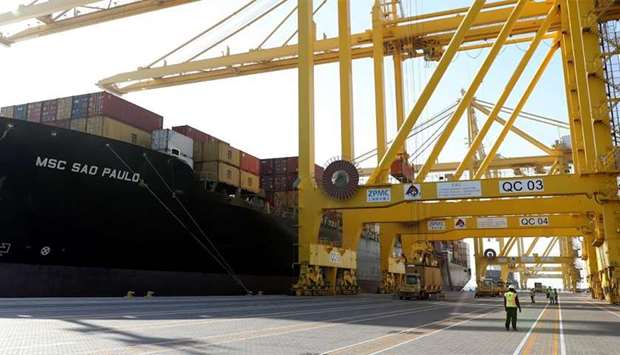Moody's Investors Service (Moody's) on Friday changed the outlook on the Qatar government's long-term issuer ratings to stable from negative and affirmed the long-term issuer and foreign-currency senior unsecured debt ratings at Aa3.
The key driver of the outlook change to stable is Moody's assessment that Qatar can withstand the economic, financial and diplomatic boycott by the three neighbouring GCC countries and Egypt in its current form, or with possible further restrictions, for an extended period of time without a material deterioration of the sovereign's credit profile, Moody's has said in a statement.
This assessment is in part based on evidence of broad resilience of Qatar's credit metrics to the economic and financial blockade over the past 13 months.
The rating affirmation at Aa3 takes into account a number of credit strengths embedded in Qatar's credit profile which, in Moody's view, remains supported by the "large net asset position of Qatar's government, exceptionally high levels of per capita income, very large hydrocarbon reserves and relatively low fiscal and external break-even oil prices - all of which will continue to provide a significant shock absorption capacity to the sovereign".
The stable outlook reflects Moody's view that Qatar's credit metrics will likely remain consistent with a Aa3 rating as the boycott continues.
The boycott by Saudi Arabia, the UAE, Bahrain and Egypt started in June 2017 and caused a sudden closure of established land and maritime trade routes for Qatar's imports.
The rapid recovery in imports, with initial levels restored in less than four months, illustrates the economy's flexibility and policy effectiveness in rerouting supplies, according to Moody's. This involved arranging an "air bridge" for food and other staples in the early weeks of the blockade and increasing capacity of a newly completed Hamad Port to prevent macroeconomic disruptions and preserve social stability.



